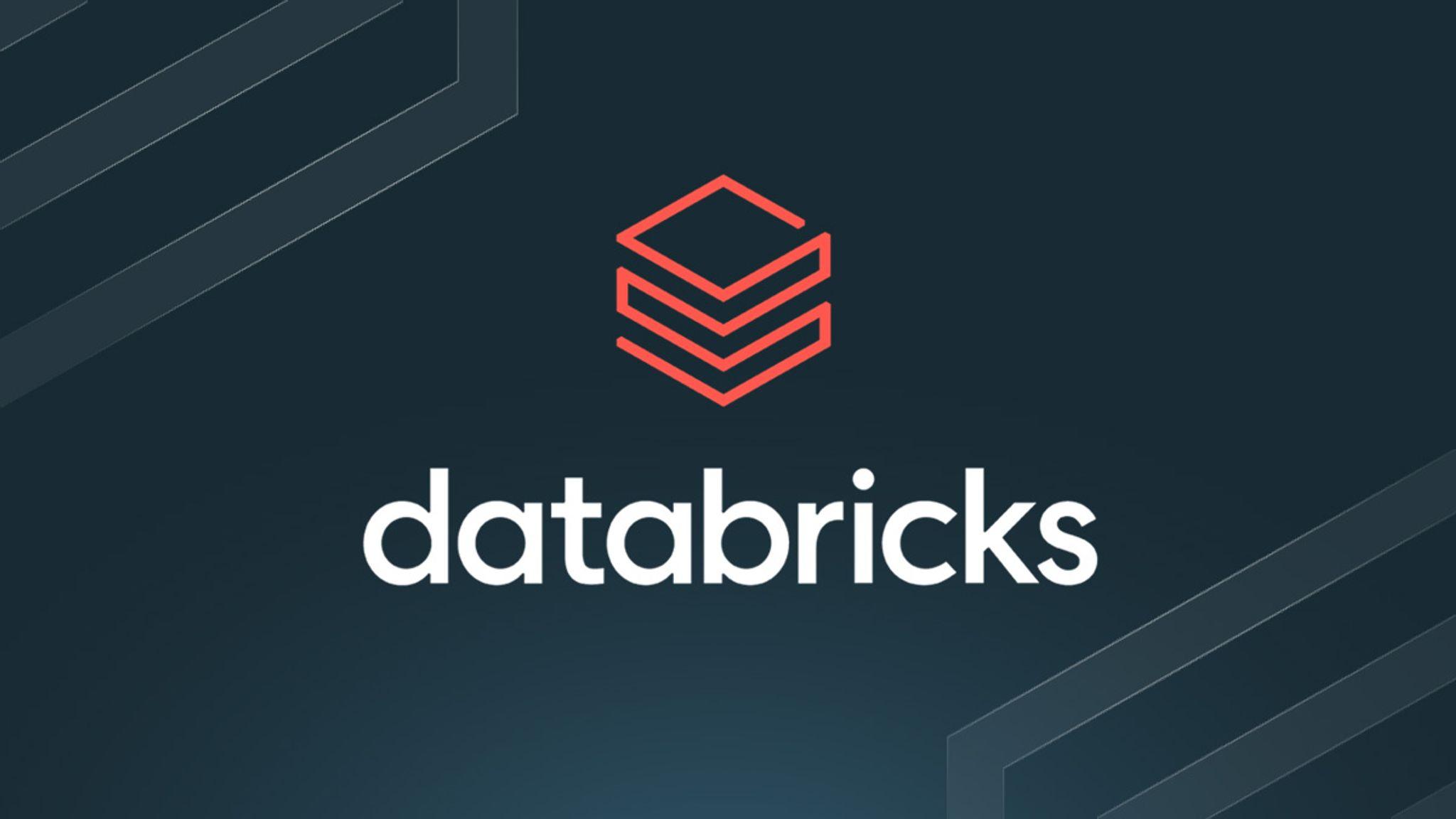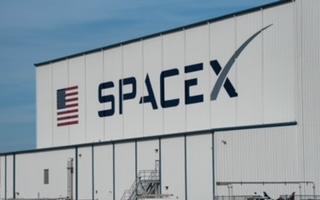
Investment Tagline: Leading unified data and AI platform powering the data intelligence revolution with $4 billion revenue run-rate and Fortune 500 dominance
| Industry | Data & AI |
| Total Raised | $14.1bn (as of Dec 24) |
| Headquarters | San Francisco, USA |
| Last Primary Valuation | $62.0bn (as of Dec 24) |
| Founded | 2013 |
| Caplight Valuation | $87.5bn |
ABOUT DATABRICKS
Databricks is a data and AI company founded in 2013 by the original creators of Apache Spark™, Delta Lake, MLflow, and Unity Catalog. Headquartered in San Francisco, Databricks develops a unified analytics platform designed to offer data engineering, data science, machine learning, and analytics capabilities. The company's platform is built on Apache Spark, an open-source analytics engine for big data processing, enabling organizations to process and analyze large volumes of data, build and deploy machine learning models, and collaborate on data projects.
The company serves 15,000+ organizations worldwide with 60%+ of the Fortune 500 using Databricks. The Databricks Data Intelligence Platform, built on the lakehouse architecture, unifies data engineering, analytics, governance, and machine learning across AWS, Microsoft Azure, and Google Cloud, combining the flexibility of data lakes with the performance of data warehouses while championing open table formats including Delta Lake and Apache Iceberg.
Databricks has achieved exceptional growth, crossing ~$4 billion in revenue run-rate with >50% YoY growth as of Q2 2025, with AI products alone surpassing a ~$1 billion run-rate. The company achieved free cash flow positive status on a trailing 12-month basis in 2025. In August 2025, Databricks signed a term sheet for Series K at >$100 billion valuation, following a $10 billion Series J raise at $62 billion valuation in December 2024. Strategic acquisitions including MosaicML (2023), Okera (2023), Arcion (2023), and Tabular (2024) have strengthened AI and governance capabilities, positioning Databricks as the definitive platform for enterprise data intelligence.
MAIN SOLUTIONS/PRODUCTS
| Product Category | Key Offerings |
|---|---|
| Data Intelligence Platform | Lakehouse architecture unifying ingest, ETL/ELT, governance, analytics, and ML/AI across AWS, Azure, and Google Cloud |
| Unity Catalog | Unified governance for data, AI models, features, metrics, dashboards; interoperability across Delta Lake and Apache Iceberg |
| Databricks SQL | Serverless data warehousing with cost-based optimization and Photon vectorized execution engine |
| Mosaic AI | Complete tooling for governed AI and agentic systems: retrieval, evaluation, monitoring, model serving, vector search |
| AI/BI & Genie | Conversational analytics (GA 2025) with natural-language questions and governed insights for business users |
| DBRX | Open-weights, mixture-of-experts LLM family (2024) for efficiency and strong benchmark performance |
KEY INVESTMENT FEATURES
- Exceptional Revenue Growth and Scale: Databricks crossed ~$4 billion in revenue run-rate with >50% YoY growth as of Q2 2025, with AI products alone surpassing a ~$1 billion run-rate. The company achieved free cash flow positive status in 2025, demonstrating mature unit economics and sustainable growth. With 15,000+ organizations and 60%+ of the Fortune 500 as customers, Databricks has established dominant market penetration across financial services, healthcare, retail, manufacturing, energy, TMT, and public sector.
- Rapid Valuation Appreciation: Databricks signed a term sheet for Series K at >$100 billion valuation in August 2025, following a $10 billion Series J raise at $62 billion valuation in December 2024. The Caplight valuation of $87.5 billion represents a 41% premium to the last primary round. The company has raised $14.1 billion to date, providing substantial capital for innovation, market expansion, and strategic acquisitions.
- AI Leadership and Innovation: Databricks leads enterprise AI with Mosaic AI providing comprehensive tooling for governed AI and agentic systems. The DBRX open-weights LLM family (2024) delivers efficiency and strong benchmarks, while AI/BI (Genie) reached GA in 2025 for conversational analytics. Model Serving and Vector Search provide GPU-optimized hosting for LLMs and high-performance retrieval, positioning Databricks at the forefront of production AI deployments.
- Strategic Acquisitions Strengthening Capabilities: Databricks executed strategic acquisitions including MosaicML (2023) for foundation AI training integrated as Mosaic AI, Okera (2023) for AI-centric governance integrated into Unity Catalog, Arcion (2023) for real-time CDC, and Tabular (2024) founded by Apache Iceberg creators for open-format interoperability. These acquisitions rapidly expand technical capabilities and competitive moats.
MARKET OPPORTUNITY
The data analytics and AI market is experiencing explosive growth as enterprises undergo digital transformation. The global big data and analytics market is projected to reach over $650 billion by 2029, growing at a CAGR exceeding 13%. The data lakehouse architecture pioneered by Databricks is becoming the standard, replacing traditional data warehouses and fragmented data lakes. Enterprises are consolidating workloads onto unified platforms to reduce complexity, improve governance, and accelerate AI initiatives.
The AI revolution drives unprecedented demand for platforms handling massive-scale data processing, model training, and production deployment. Databricks' position as creator of foundational open-source technologies (Apache Spark, Delta Lake, MLflow) combined with its unified platform creates powerful network effects and switching costs. With 60%+ Fortune 500 adoption and >50% YoY revenue growth, Databricks captures disproportionate share of enterprise data and AI spending. The AI products surpassing $1 billion run-rate validates the massive opportunity in production AI deployments.
STRATEGIC ADVANTAGES
Technology and Open Source Leadership: Databricks was founded by the original creators of Apache Spark, Delta Lake, MLflow, and Unity Catalog—foundational open-source technologies adopted globally. The lakehouse architecture combines data lake flexibility with data warehouse performance, becoming the industry standard. Support for both Delta Lake and Apache Iceberg with unified governance provides customer choice while maintaining control. The Photon vectorized execution engine delivers superior performance on SQL and AI workloads.
Cloud-Native Multi-Cloud Strategy: Deep integrations with AWS, Microsoft Azure, and Google Cloud enable customers to deploy in their preferred cloud without vendor lock-in. Strategic partnerships with Microsoft, Google Cloud, SAP, Anthropic, Palantir, and others expand distribution and create joint go-to-market opportunities. The serverless architecture simplifies operations while cloud marketplace availability facilitates enterprise procurement. This cloud-agnostic approach positions Databricks as the unifying platform across heterogeneous cloud environments.
VALUATION ANALYSIS
Databricks' valuation trajectory demonstrates extraordinary value creation. The company signed a term sheet for Series K at >$100 billion valuation in August 2025, representing >60% step-up from the $62 billion Series J (December 2024). The Caplight valuation of $87.5 billion reflects 41% premium to the last primary round, indicating strong secondary market demand ahead of the Series K close.
At the Series K valuation of >$100 billion and $4 billion revenue run-rate, Databricks trades at approximately 25x revenue—a premium multiple justified by >50% revenue growth, expanding margins, AI leadership, and market dominance. The company has raised $14.1 billion total, providing substantial runway. With AI market inflection and lakehouse architecture adoption accelerating, Databricks' valuation has significant upside potential, particularly approaching potential IPO in 2026-2027.
FINANCIAL PERFORMANCE
Databricks crossed ~$4 billion in revenue run-rate with >50% YoY growth as of Q2 2025. The AI products segment alone surpassed a ~$1 billion run-rate in the same period, representing approximately 25% of total revenue and the fastest-growing segment. The company achieved free cash flow positive status on a trailing 12-month basis in 2025, demonstrating operational leverage and sustainable unit economics at scale.
Revenue growth is driven by expansion within existing customers and new logo acquisition across enterprise segments. With 15,000+ organizations and 60%+ Fortune 500 penetration, Databricks exhibits strong net revenue retention as customers consolidate workloads onto the platform. The combination of subscription-based pricing, consumption-based usage, and expanding product portfolio creates multiple revenue expansion vectors. Growing revenue >50% annually while achieving cash flow positivity positions Databricks as one of the most attractive growth-stage software companies.
MANAGEMENT TEAM
Ali Ghodsi, Co-Founder and CEO: Ali co-founded Databricks in 2013 and serves as CEO, leading the vision to unify data analytics and AI. A world-renowned expert in distributed systems and machine learning, he previously served as a professor at UC Berkeley conducting research on Apache Spark. Under Ali's leadership, Databricks has grown to $4 billion revenue run-rate, 15,000+ customers, and >$100 billion valuation, establishing the lakehouse architecture as an industry standard.
Matei Zaharia, Co-Founder and Chief Technologist: Matei co-founded Databricks and serves as Chief Technologist, overseeing technical strategy and innovation. He created Apache Spark during his PhD at UC Berkeley, which became the most popular big data processing engine globally. Matei also created Delta Lake and co-created MLflow, establishing the foundational technologies powering modern data platforms. The founding team also includes Reynold Xin, Ion Stoica, Andy Konwinski, Patrick Wendell, and Arsalan Tavakoli-Shiraji, all pioneers in distributed systems and data processing.








